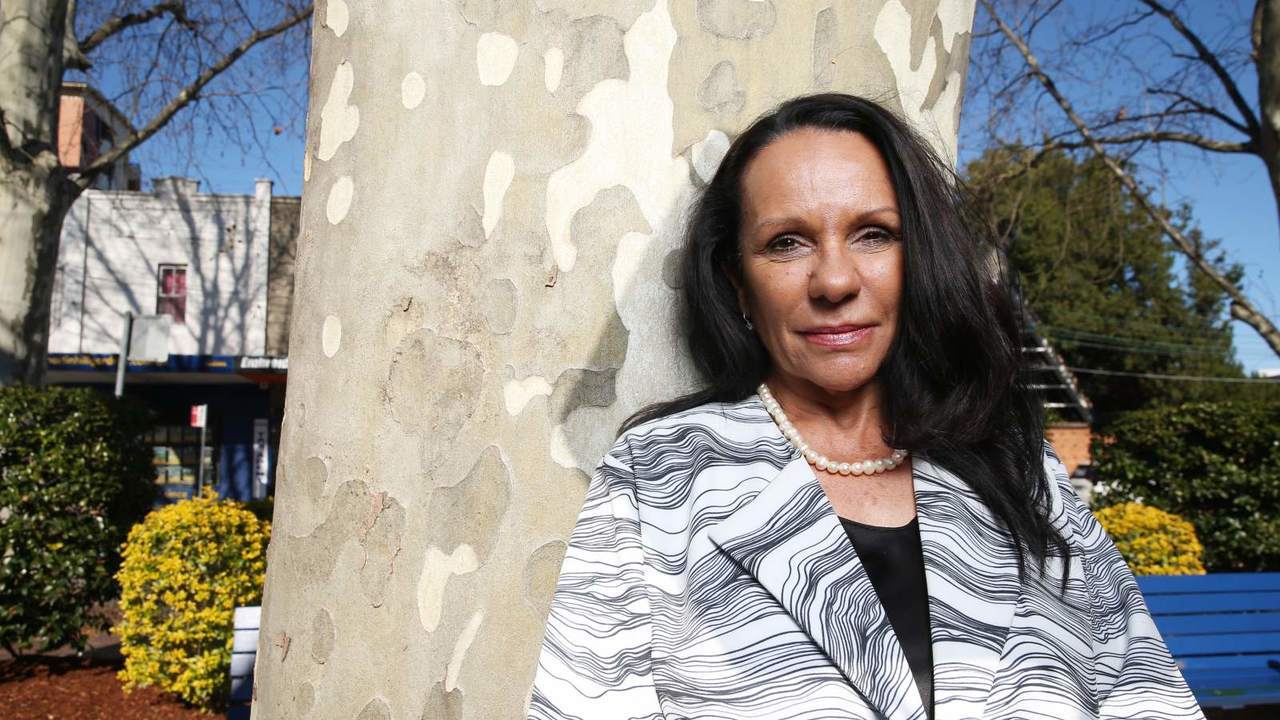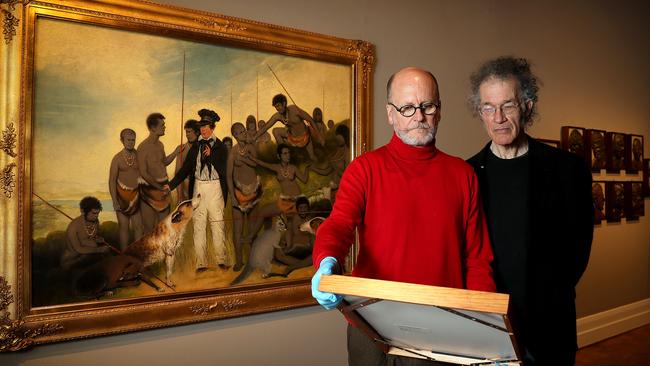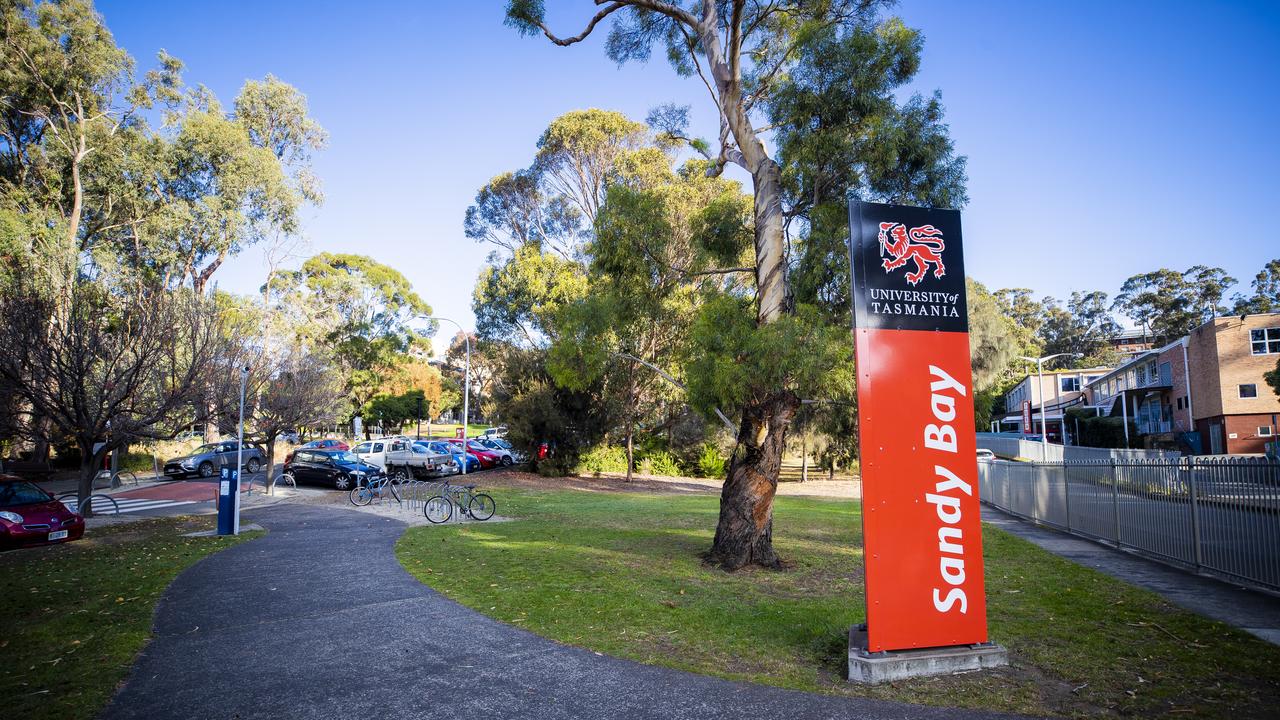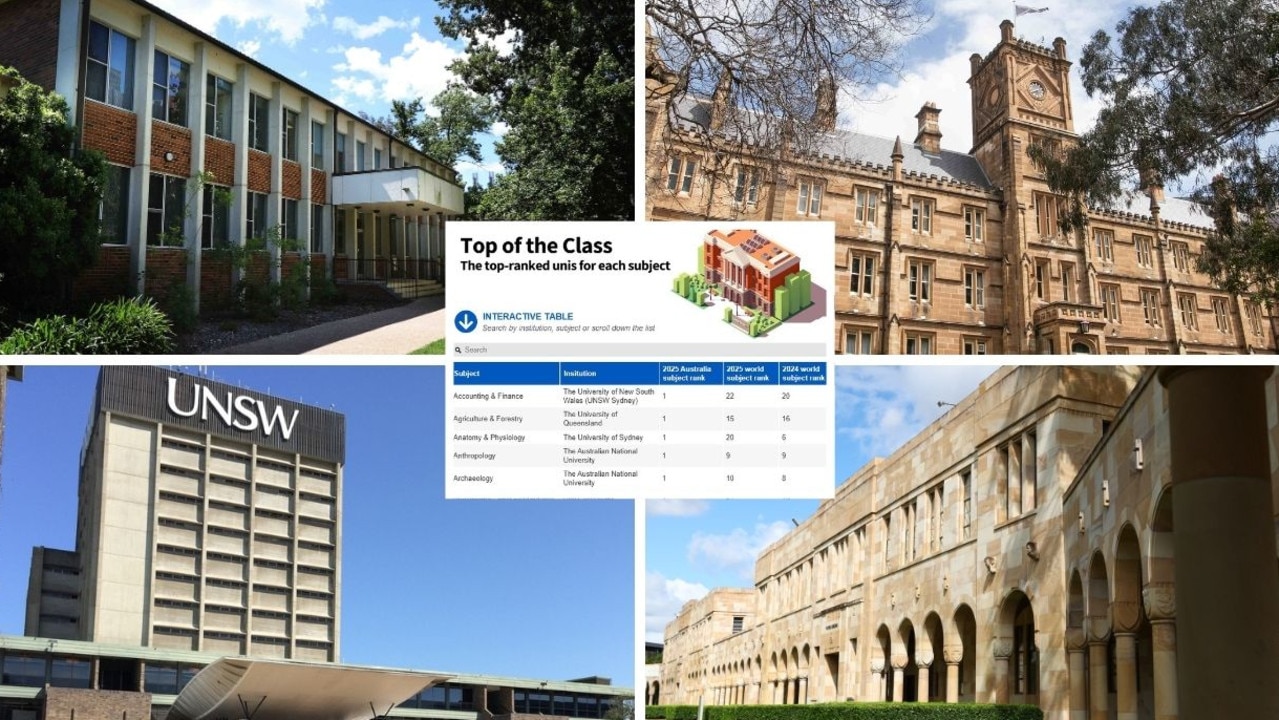University of Tasmania launches new unit for 2021 called indigenous Lifeworks
From next year, UTAS students will have the opportunity to better connect with the state’s Aboriginal heritage.

Tertiary
Don't miss out on the headlines from Tertiary. Followed categories will be added to My News.
University students will have a chance to connect with Tasmanian Aboriginal culture and knowledge as part of a newly developed unit.
After scrapping the Aboriginal Studies major late last year, the University of Tasmania now aims to embed Aboriginal content into all relevant university courses — a model unique to Australian universities.
The news was announced during National Reconciliation Week. Distinguished Professor Maggie Walter, Leader of Curriculum Indigenisation in the College of Arts, Law and Education, said students would be learning from the world’s oldest living cultures and developing greater cultural awareness of indigenous knowledge.
As part of the changes, all students enrolling in an arts degree at the university from 2021 onward will have the opportunity to visit Country with an Aboriginal elder or knowledge holder.
“Inviting students on to Country, via virtual tours and physical presence, is innovative, distinctive and place-based teaching practice,” she said.
“It will stimulate cognitive and emotional engagement with indigenous culture, knowledge and world views. Learning On Country contextualises indigenous perspectives.”
The experience will be included in a new unit called Indigenous Lifeworks, which will be available to every student enrolling in the Bachelor of Arts from 2021. It will also be available as an elective to students enrolled in other courses.

Pro vice-chancellor, Aboriginal Leadership, Professor Greg Lehman said the “curriculum indigenisation” was integral to the university’s strategic direction to deliver a place-based and globally connected curriculum.
“We see indigenous perspectives as integral components, not siloed issues in the curriculum,” he said.
“Rather than indigenous knowledge being something we learn about, they are something that we can learn through and from across a wide range of courses.
“Understanding the connection of indigenous people to their ancestral lands is foundational to understanding Tasmania’s deep sense of place.”
Tasmanian Aboriginal Centre CEO Heather Sculthorpe was concerned that the organisation had not been advised of the university’s new unit or its teachings. “You would have to wonder what these courses will be like when the oldest and biggest Aboriginal organisation in the state has not been involved in its development,” she said.
“Where is the Aboriginal community agreement coming from — only the distinguished professors employed by UTAS?”
Indigenous Affairs Minister Roger Jaensch said the university’s actions were warmly welcomed by the State Govern-ment.


